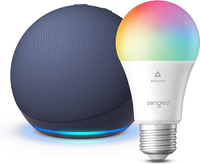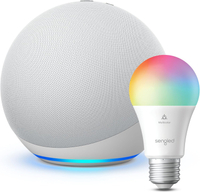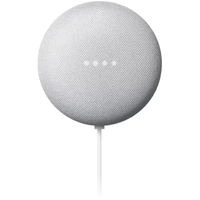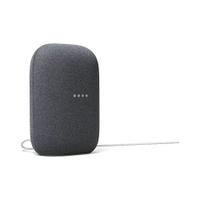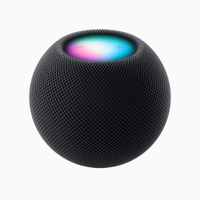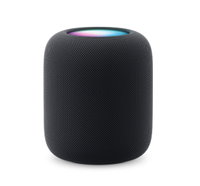Alexa vs. Google vs. Siri — which smart assistant is best for your smart home?
Build out the smart home that fits your everyday needs rather than focus on specs
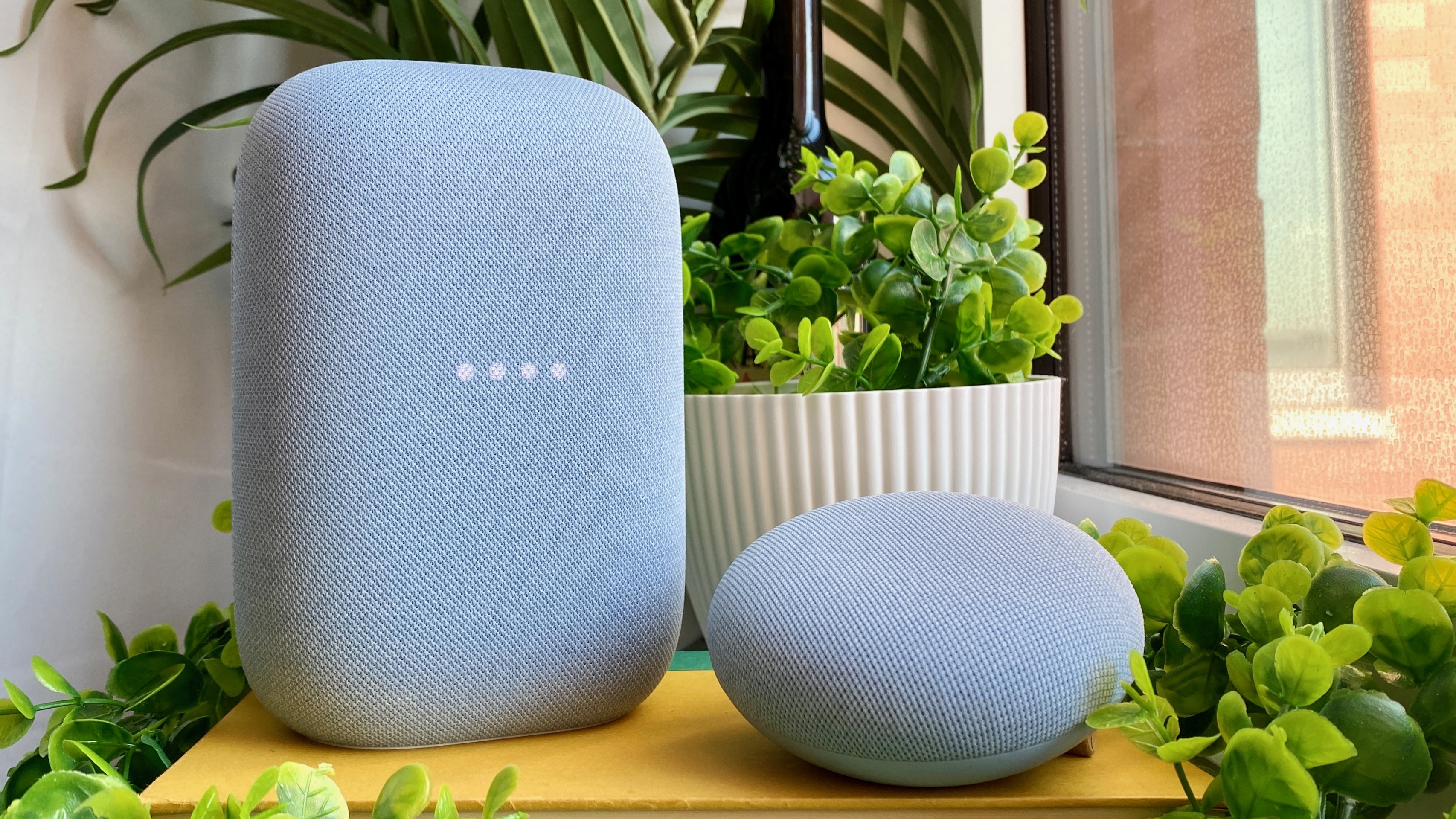
The best smart speakers are powered by one of three smart assistants: Amazon Alexa, Apple's Siri, or the Google Home Assistant. Alexa remains the most popular as it works with the widest variety of smart home devices and its excellent speakers don't break the bank. Amazon's value focus only gets better when you account for its ease-of-use and versatility to play nice with both Android and Apple households.
The Google Home Assistant is a tidbit-lover's dream. Thanks to the search giant's wealth of data, it's more knowledgeable when providing information. Its more human-like speaking cadence and ability to understand multi-part commands stands out from the competition. If you happen to use Google's services it also offers much tighter news briefings, pulls up more personalized music content, and can even read your emails.
HomePod speakers provide the best sound quality and secure, local processing of all the systems. They're best for those in the Apple ecosystem. However, Siri isn't as smart when conversing or giving information. It's meant primarily for controlling home devices and syncing things like calendar events and messages with your iPhone.
Alexa and Google have traditionally been the more popular platforms due to their wider range of compatible devices. Although each platform supports Matter, its arrival has been most beneficial for Apple's HomeKit. Matter provides HomeKit with more parity since it now has more smart home devices to choose from and you can transfer Matter devices between platforms.
Amazon
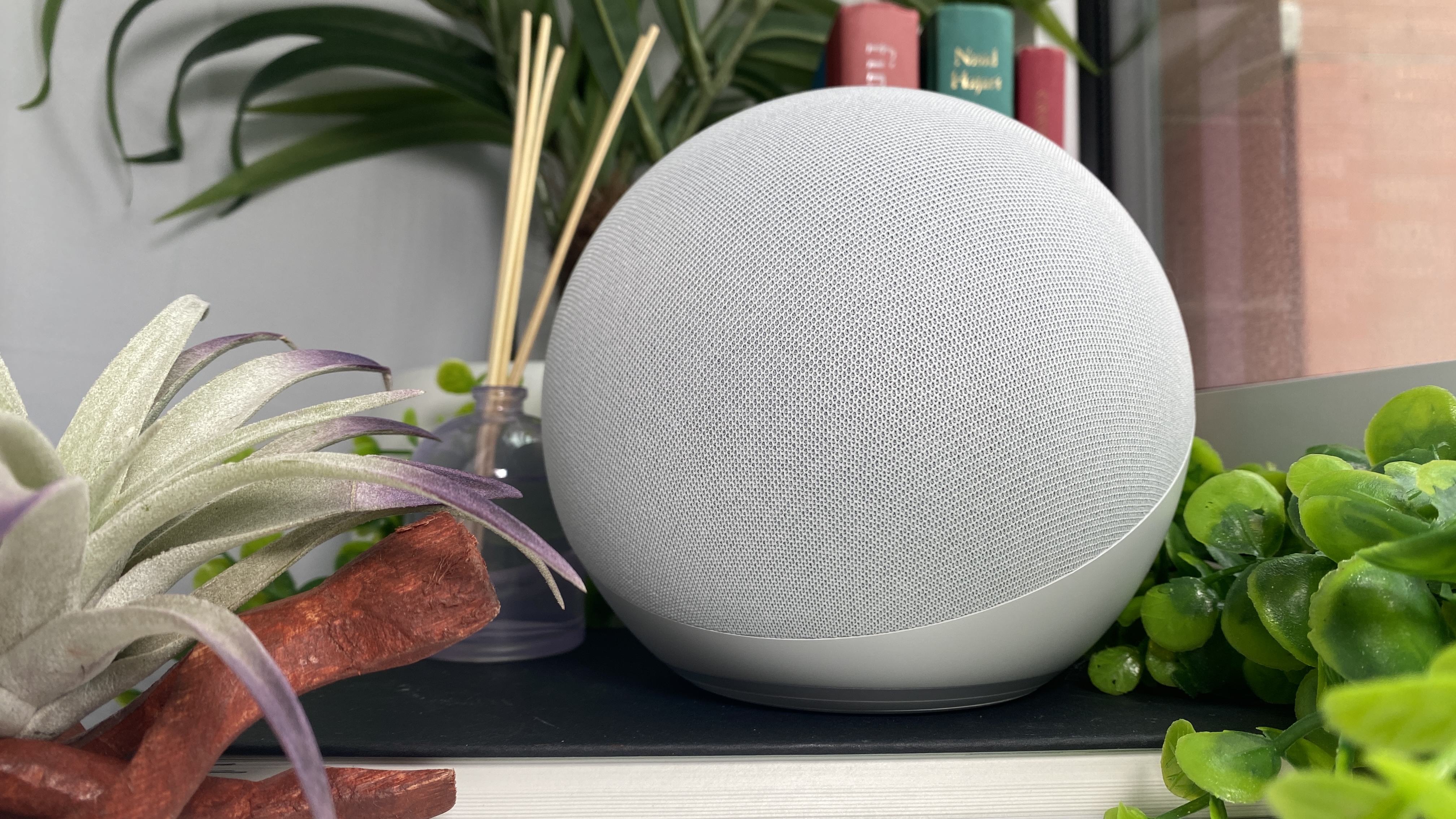
Amazon's Echo was the first smart speaker to hit the market. These speakers offer the best value by balancing affordability with impressive sound. From the easy-to-use Alexa app, even a smart home newbie can build out complex routines to automate tasks. Thanks to understandable "If" and "when" building blocks, you can tell your devices like smart lights to turn on, but only if it's at certain times on certain days.
Echos are also the most smart-home-oriented devices since they come loaded with sensors and work with the largest number of devices. Even the budget Echo Dot smart speaker can detect motion and temperature changes to trigger automations. Plus, with Alexa, you can even change the wake word, whereas you're stuck with "Hey Google" or "Hey Siri" with the other two options.
The Alexa assistant experience sits between Google's brainiac helper and Siri's more bare-bones nature. It can consult the web for information and have basic conversations about the status of your smart home. Google Assistant fleshes out its answers and provides more context to your questions. For example, ask about an actor's birthday and you'll get a whole biography. However, Alexa's skills (essentially audio apps) allow it to evolve its abilities over time.
Sign up to get the BEST of Tom's Guide direct to your inbox.
Get instant access to breaking news, the hottest reviews, great deals and helpful tips.
Alexa is the most universal platform and is best for most people. But suppose you're in Apple or Google's ecosystems. In that case, the other assistants have stronger ties to your accounts in their services, as well as better integration handing off content between either your iOS (Siri) or Android (Google) phone. With Android Auto and Apple CarPlay that means you have those assistants at home, while you drive, and on your phone for the tightest integration possible.
Echo Dot (5th Gen) with Sengled bulb: was $69 now $34 @ Amazon
The 5th-Gen Echo Dot is one of the best Alexa speakers you can buy in terms of value. It features crisp, full sound with built-in Eero for better Wi-Fi coverage. There's also a room temperature sensor that can initiate certain Alexa smart home routines when your climate gets too cold or hot. Right now it comes with a free Sengled smart color bulb.
Echo (4th Gen) with Sengled Smart Color Bulb: was $120 now $64 @ Amazon
This device packs strong audio and deep Alexa integration and is ideally suited to be the core of your smart home. Not only is it an Alexa smart speaker that can control other smart home devices by using your voice, but it's also a mesh Wi-Fi extender and can upgrade your TV's audio experience with an Alexa home theater sound experience. Right now it comes with a free Sengled smart color bulb.

Google's Assistant is seriously smart and I consider it more of a "lifestyle" helper than the smart home-centric Alexa. Voice Match customizes your device to offer personalized calendars, flights, payments, photos and more; you can even set your own default media services. On top of that, it handles everyday tasks like booking a reservation or making recommendations better.
The Nest smart speaker lineup isn't as forward-thinking as Amazon or Apple's since it lacks built-in smart home sensors to trigger routines. In our faceoff between Alexa and Google Assistant, Amazon's smart assistant controls devices faster, too. That said, Google Home can still make advanced routines. Plus it's not as obnoxious with recommendations or attempting to upsell you on a service like Alexa does.
Google knows things. Alexa does them. If you want to get information fast, like directions for how to use a gadget or find a nearby take-out spot, Google Assistant is the way to go.
Google Nest Home Mini Smart Speaker (2nd Gen): now $49 @ Amazon
Mini but mighty, our Nest Mini review notes this speaker is smarter and better-looking than Alexa's Echo Dot. This Bluetooth speaker works with Google Assistant also earned a spot on our list of the best smart speakers thanks to its price point, which is even more affordable now.
Google Nest Audio: was $99 now $75 @ Walmart
A powerful speaker packing Google Assistant, the Nest Audio is an ideal centerpiece for your next party or gathering. In our Google Nest Audio review, we said it's the best-sounding option under $100 for Google Home and Nest customers.
Apple HomeKit
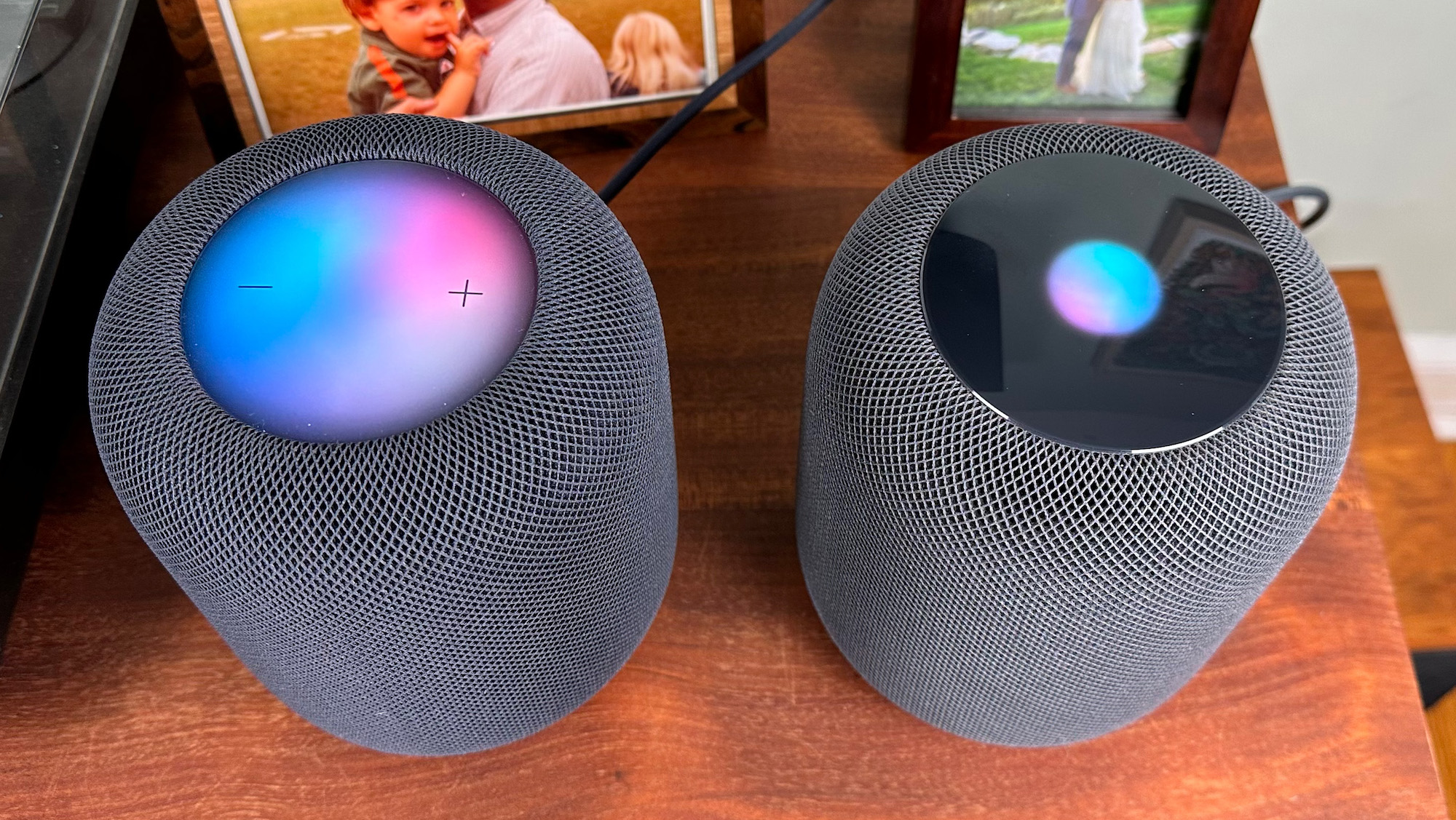
Apple's HomeKit prioritizes seamless connectivity between iOS devices and your smart home. It's a polished experience with enhanced privacy and security since it encrypts and processes commands locally. Plus, it banks on you always having an iPhone or Apple Watch on hand for a physical universal smart home controller.
Like the rest of Apple's hardware, you pay a premium for a powerful device that "just works." HomePods offer unrivaled sound with better woofers and tweeters than Alexa or Google's speakers, and they tune themselves to the acoustics of the room they're placed in automatically. If you're in the Apple ecosystem, this is great for handing off content like calls and music with a press (or you can simply tap your iPhone against it).
Siri still isn't as smart as Alexa or Google when you ask it questions, deferring to say "Here's what I found on the web" while taking you to links. We're hoping to see the assistant evolve with the arrival of Apple Intelligence. Of course it's quick to remind you about upcoming appointments or set alarms. But at the moment it excels at commands like controlling smart home devices or playing content. You'll still need to use a third-party app to manage devices like robot vacuums until they arrive in the next HomeKit Matter update. Over time this platform has the potential to be the best, but priciest option.
HomePod mini: now $99 @ Walmart
Apple offers solid audio quality from a single, tiny speaker. You can also get more than one to create a stereo pair for louder, more intense audio. There's also multiroom support, which lets you play your favorite songs all around your home.
Apple HomePod 2: now $299 @ Best Buy
Packed with room filling sound, the Apple HomePod 2 is also one of the best smart home hubs for Apple users because of how you can tap Siri to command different HomeKit-enabled gadgets at home.
More from Tom's Guide

Hunter Fenollol is a Senior Editor for Tom’s Guide. He specializes in smart home gadgets and appliances. Prior to joining the team, Hunter reviewed computers, wearables, and mixed reality gear for publications that include CNN Underscored, Popular Mechanics, and Laptop Magazine. When he’s not testing out the latest cooking gadgets, you can likely find him playing a round of golf or out with friends feeding his paycheck to a QuickHit slot machine. Hunter started his career as an intern at Tom’s Guide back in 2019 while in college. He graduated from Long Island University Post with a degree in Communications and minor in Advertising. He has been vlogging ever since the iPhone 4 took front-facing cameras mainstream.
